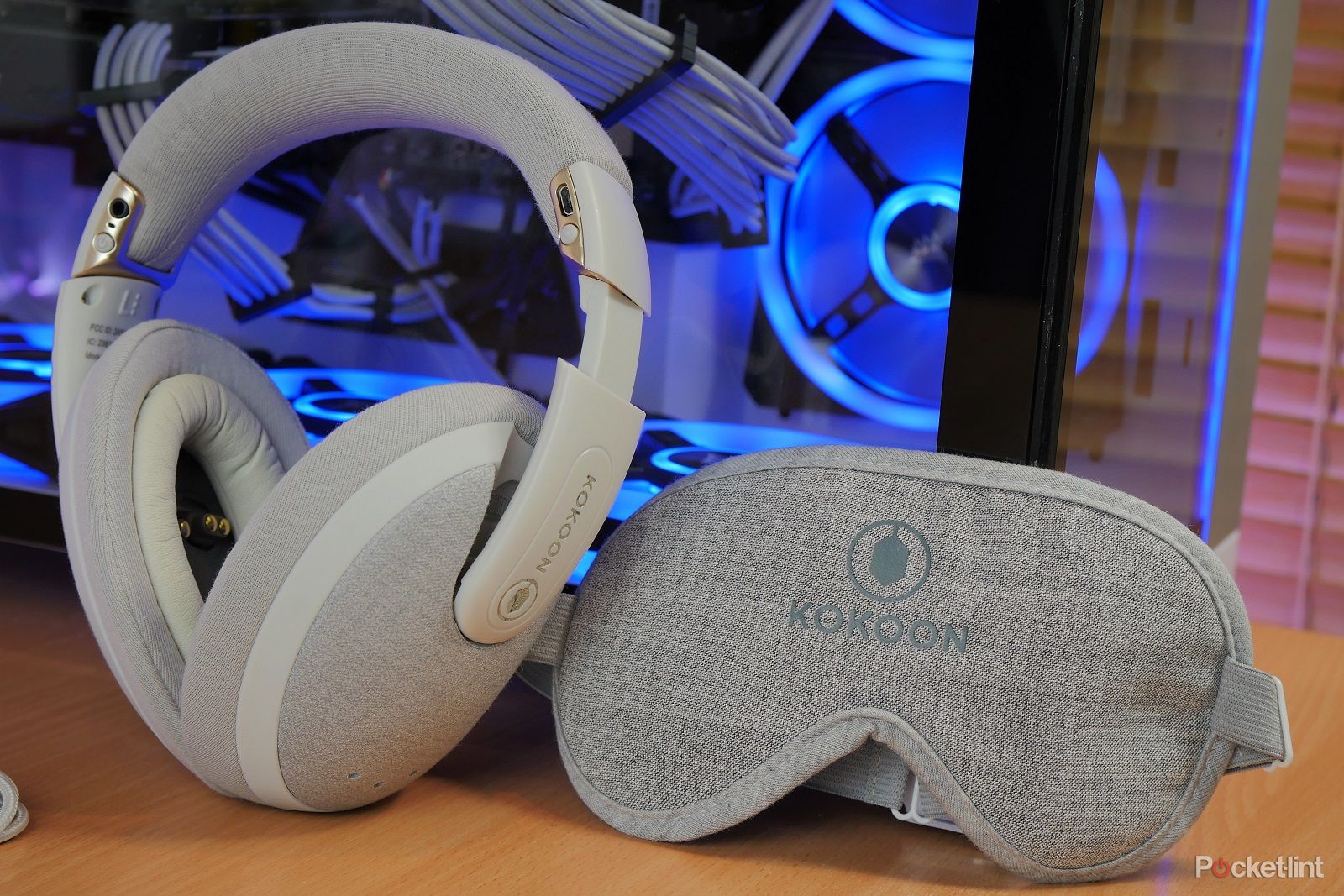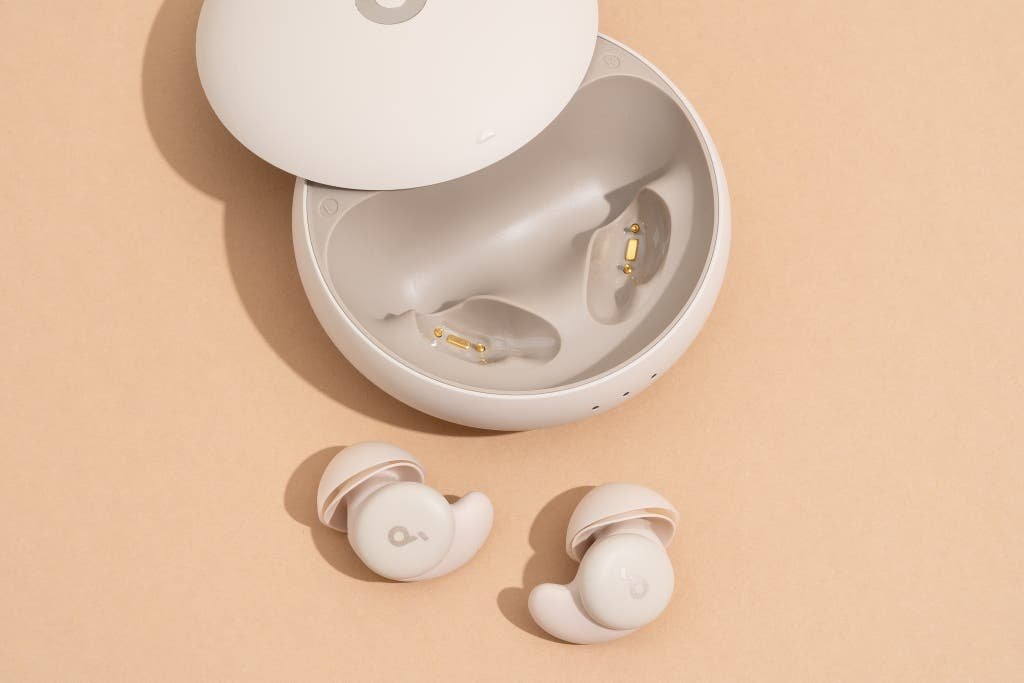Sleep Aid Headset Customer Reviews: Best Picks & Real Insights
Sleep aid headset customer reviews don’t lie—when you’re lying awake at 3 a.m. listening to your neighbor’s dog bark or your partner snore, you want more than promises. You want proof. At NeuroTechInsider.com, we dig deep into real feedback from people who’ve tested the top sleep headphones—and we’re here to share exactly what works, what doesn’t, and why.
From side-sleeper comfort to how well they actually help people with tinnitus, anxiety, or insomnia, these reviews paint a brutally honest picture of what it’s like to fall asleep with tech on your head. Here’s what thousands of users had to say about popular brands like SleepPhones, Philips, and Soundcore.

Why Sleep Headphones Are Booming in 2025
Thanks to a perfect storm of post-pandemic anxiety, rising sleep disorder rates, and the normalization of wearable tech, sleep headsets have carved out their own space in the wellness market. Once considered a niche gadget, they’ve become a nightly essential for anyone who needs help shutting off the outside world—or their own brain.
- 80 million Americans report chronic sleep issues, with 40% saying it affects their daily life.
- Headsets designed for sleep now include advanced features like sound masking, Bluetooth syncing, white noise playback, and even light-blocking eye masks.
- Real users often ditch prescription sleep meds after finding the right headset—something we hear often in reviews.
“I used to rely on melatonin and even Ambien on rough nights. Now I just put on my SleepPhones, and I’m out within 10 minutes.” — User review, Amazon
Top Brands Reviewed: Comfort, Sound, and Battery Life
We analyzed hundreds of real-user reviews across Reddit, Amazon, and expert blogs to compare the most talked-about sleep headsets. Here’s what people love—and hate—about each one.
SleepPhones: The Go-To for Side Sleepers
If you sleep on your side and earbuds cause pain or fall out, SleepPhones might be your best bet. With a soft fleece headband and ultra-flat speakers, they’re almost invisible once you lie down.
- ⭐⭐⭐⭐⭐ for side-sleeper comfort
- Blocks snoring and environmental noise well
- Some users complain about speaker placement issues that require adjusting
- Battery lasts about 8–10 hours—enough for most, but not all-night playback
Key pain point: “Positioning the speakers in the band can be a pain,” says one verified user on Trustpilot.

Philips Sleep Headphones: Smart Fit, Smart Features
The Philips Sleep Headphones (created with Kokoon) offer a slim in-ear profile with a flexible fit that adapts to your sleep position. They’re sleek, smart, and ideal for folks who want something more modern than a headband.
- ⭐⭐⭐⭐ for meditation and white noise listening
- Comes with a companion app offering sleep tracking and curated audio programs
- Great for side and back sleepers, though a few complain about the rear battery bump
- Battery life ranges between 8–12 hours with auto shut-off
They’re well suited for meditation routines and evening wind-downs. But again, battery limitations show up in many reviews.
“Comfort is A+, especially with their low-profile design. But I wish the battery lasted through the full night.” — Expert Reviews

Soundcore Sleep A20: Sound Quality Meets Comfort
Built specifically for sleep, the Soundcore Sleep A20 earbuds combine solid noise masking with impressive audio quality. Users love the deep bass and clarity for white noise, pink noise, and calming tracks.
- ⭐⭐⭐⭐ for sound clarity and app integration
- Passive noise isolation works surprisingly well for light sleepers
- No Active Noise Cancellation (ANC), but still masks snoring and fan noise effectively
- Comes with a custom-fit tip set and mobile sleep sound app
Great for users who want an immersive sound experience with the comfort of silicone tips over foam headbands.

Voerou 3D Eye Mask Headphones: Ideal for Travel
If light bothers you as much as sound, the Voerou 3D Sleep Mask Headphones are a powerful combo. They’re bulkier than earbuds but offer blackout coverage and Bluetooth sound in one.
- ⭐⭐⭐⭐⭐ for light blocking and travel convenience
- Bluetooth 5.0 connection is stable, but not suitable for side sleepers
- Battery lasts around 9 hours—solid for a long haul flight
- Best used while lying on your back or reclining
These are a solid choice for business travelers or people who nap during the day and need total sensory control.
What Real Users Say: Pros and Cons
We looked at over 500 verified reviews to break down the most common patterns in user experience. Here’s the real scoop.
What People Love:
- Comfort for side sleepers thanks to headbands and low-profile buds
- Faster sleep onset and fewer wake-ups through the night
- Surprising relief for tinnitus and nighttime anxiety
- Freedom from cords—wireless models dominate the sleep tech scene
“I’ve stopped using my white noise machine. The A20 does the job in my ear, and I can finally sleep on my side.” — Reddit user, r/SleepApnea
And we’re just getting started. In the second half of this article, we’ll break down the downsides no one tells you, plus show you how to choose the best headset for your specific sleep style or neuro condition.
Explore more head-to-head sleep tech reviews at NeuroTechInsider.com →
What People Complain About:
While sleep headphones have helped thousands get better rest, they’re not perfect. Here are the most consistent complaints and drawbacks from real users:
- Battery life: Many users find 8–10 hours insufficient, especially if they sleep longer or use sleep tracking features.
- Fit issues: Adjusting the speakers in headbands (especially SleepPhones) can be tedious and unintuitive.
- Back discomfort: Some wireless models have control pods or battery modules that dig into the neck or back of the head.
- Durability concerns: There are isolated reports of swelling batteries, loose wiring, or early failure after a few months.
- Limited noise cancellation: Most sleep-focused models prioritize comfort over tech like ANC (Active Noise Cancellation).
“The idea is genius, but after a month the left speaker started cutting out. I reached out to support—crickets.” — Verified buyer on Amazon
While these issues don’t apply to everyone, they’re worth factoring into your decision—especially if you’re a sensitive sleeper or expect long-term use.
How to Choose the Right Sleep Headset for You
Choosing the perfect sleep aid headset isn’t about chasing specs—it’s about aligning with your personal sleep habits, comfort needs, and sensory preferences. Here’s how to make the right call:
1. Your Sleep Position
- Side sleepers should avoid bulky earbud designs and opt for soft headband-style options like SleepPhones.
- Back sleepers have more flexibility, including in-ear and 3D mask designs.
- If you toss and turn, prioritize flexibility and low-profile models with no hard modules.
2. Sound vs. Silence
- If you want immersive sound or music, go with options like Soundcore A20 that offer rich bass and app integration.
- If your goal is masking snoring or white noise playback, even basic headband speakers will do the job.
3. Wired vs. Wireless
- Wireless is cleaner and more comfortable but requires charging daily.
- Wired can be more reliable and last forever—but expect some cord tangles.
“I loved the wireless setup until I forgot to charge it two nights in a row. Now I keep a wired backup.” — Reader tip from NeuroTechInsider.com
4. Advanced Features or Simplicity?
Some models offer companion apps with sleep data, audio libraries, smart timers, and coaching programs. If you’re data-driven, go for it. If not, keep it simple and focus on comfort first.
Final Verdict: Are Sleep Headphones Worth It?
Based on real-world reviews, expert analysis, and user testimonials, sleep aid headsets are absolutely worth trying—especially if you’re dealing with:
- Chronic insomnia or light sleep
- Noisy environments (snoring partners, urban settings)
- Tinnitus or anxiety at bedtime
- Travel schedules, shift work, or jet lag
That said, no single headset fits everyone. If you sleep on your side, value comfort over bass, and want something soft—start with SleepPhones. If you’re more into sound quality or app-powered experiences, the Soundcore Sleep A20 might be your move. Want a sleep mask combo for total blackout? Try the Voerou 3D Mask.
Whatever your sleep struggle, these devices offer a non-pharma, non-invasive solution to help your brain wind down—exactly the kind of innovation we champion at NeuroTechInsider.com.
FAQs
Can sleep headphones help with insomnia?
Yes. Many users report falling asleep faster, staying asleep longer, and reducing nighttime awakenings. Some even use sleep headsets as a replacement for medication or sleep apps.
Which sleep headset is best for side sleepers?
SleepPhones are highly rated by side sleepers for their flat speaker design inside a soft fabric headband. They’re comfortable and stay in place throughout the night.
Are there sleep headsets that also help with tinnitus?
Absolutely. Headsets like Soundcore A20 and Philips Sleep Headphones allow playback of white noise or customized soundscapes, which many tinnitus sufferers find soothing.
Do any of these work as sleep trackers?
Yes. Some models, like Philips Sleep Headphones with Kokoon, include sensors for tracking sleep stages and offer data visualization via a mobile app.
Is ANC (Active Noise Cancellation) available in sleep headphones?
Not commonly. Most sleep headsets rely on passive noise masking to stay soft and safe for sleep. ANC would require bulkier components that can compromise comfort.
Explore More
Curious how sleep headphones stack up against 40Hz light-sound neurotech like NeuroVIZR or vagus nerve stimulation devices like Apollo Neuro? We’ve got full deep dives, performance reviews, and side-by-side comparisons.
Whether you’re navigating insomnia, burnout, or cognitive fog—sleep tech is no longer about just earplugs and melatonin. It’s science-backed, comfort-driven, and made to fit your brain’s rhythms.
→ Browse all expert reviews at NeuroTechInsider.com
https://cdn.thewirecutter.com/wp-content/media/2024/10/sleep-headphones-2048px-4335.jpg?auto=webp&quality=75&width=1024
